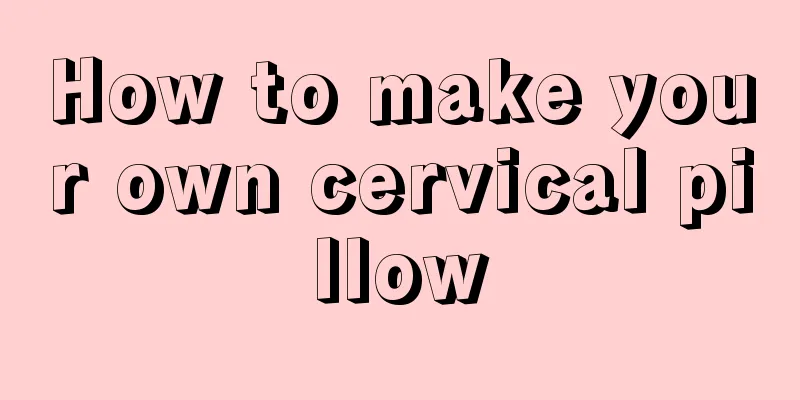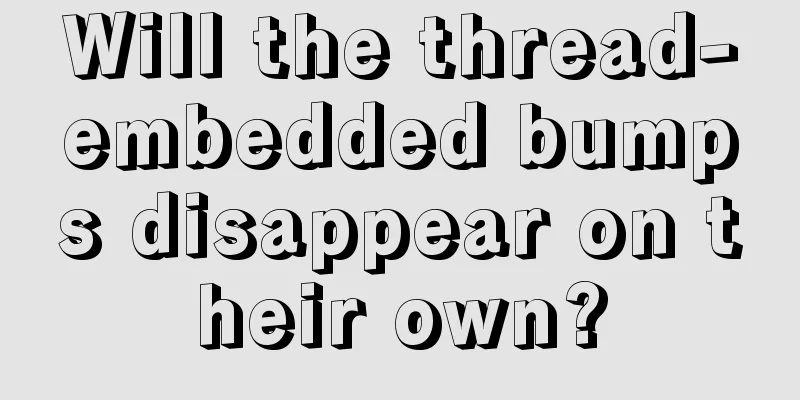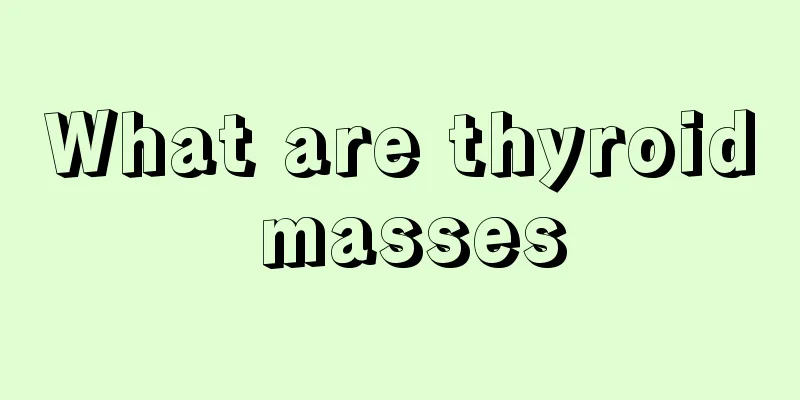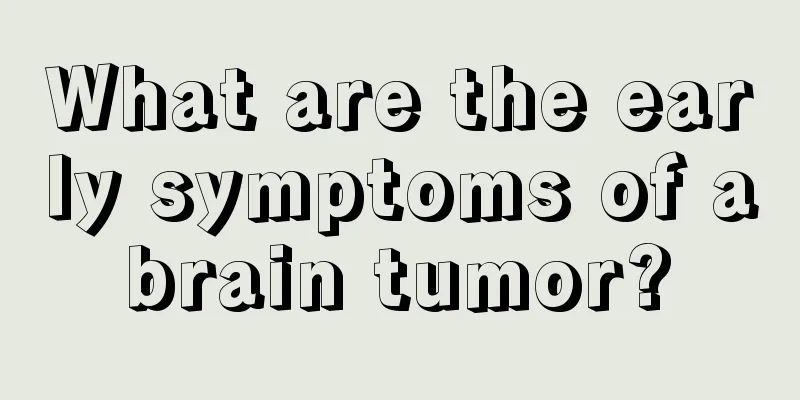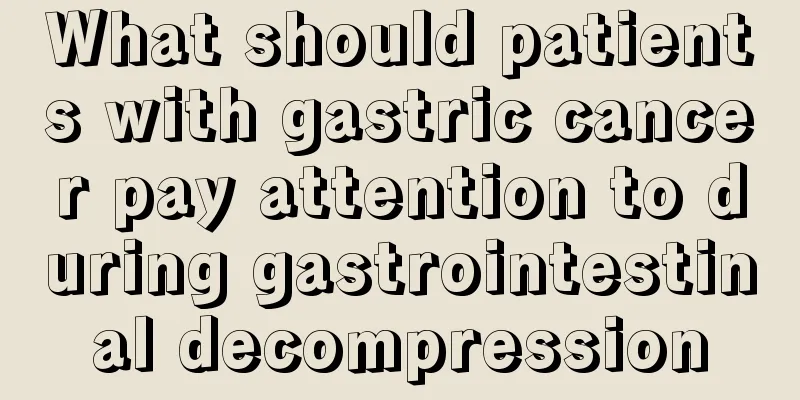Why does the tooth still hurt after being repaired? 5 reasons to analyze
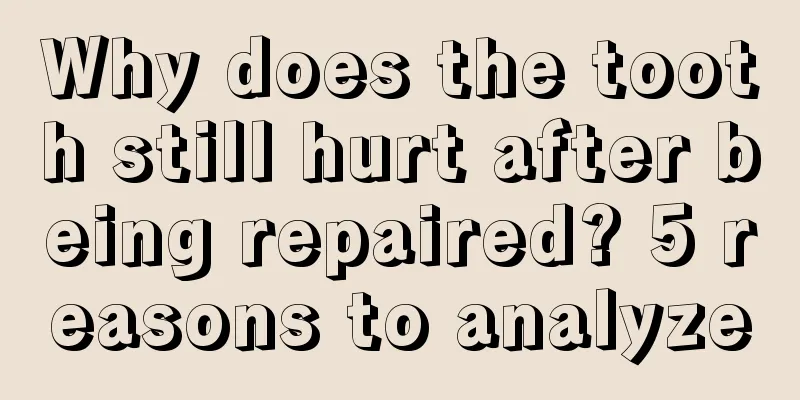
|
Filling a tooth is the most direct way to relieve toothache. Many people no longer have toothache after seeing a doctor and getting their teeth filled. However, some patients find that their teeth still hurt after being filled. So why does the tooth still hurt? In fact, there are many reasons why teeth continue to hurt after filling, but no matter what the reason is, you should go to the hospital for consultation in time. ① Too deep dental cavities After some teeth are filled, they will still experience toothache when exposed to cold or hot stimuli. This is because the tooth cavity is too deep and very close to the pulp cavity. External stimuli can easily be transmitted to the pulp through the filling, causing soreness. People with this symptom do not need to be nervous. As long as they avoid cold or hot stimulation, most of them can heal themselves after a period of time. If symptoms worsen, you should seek medical attention immediately. ②Caries continues to develop For some patients, after a long time, new caries will occur at the contact point between the filling and the tooth. At this time, the teeth will feel sore when exposed to cold or hot stimulation. In this case, if left untreated, the bacteria will invade deeper into the tooth, causing pulpitis or apical periodontitis, spontaneous pain, night pain or biting pain. ③Diagnostic error The dental pulp has been infected or even necrotic, but there are often no obvious symptoms such as tenderness, percussion pain, and looseness during clinical examination. At this time, the diseased tooth is easily treated simply as caries. Since there is no radical cure, tooth pain or periodontal swelling and pain will occur after a period of filling. Therefore, diagnosis before filling a tooth is very important. If the bacteria of caries or their toxic products have spread to the pulp and caused chronic pulpitis, if the caries cavity is filled blindly without reasonable treatment and the lesion is not removed, intermittent toothache will often occur and may develop into acute pulpitis, resulting in severe toothache. It may also gradually invade the dental pulp and cause progressive pulp necrosis, which may reduce or eliminate the toothache. However, acute inflammation often occurs again not long afterward - acute apical periodontitis. ④Improper operation Some teeth have deep cavities and should be filled with a base but instead of that, they are filled directly with filling materials. Silver-mercury alloy, a filling material, is an excellent conductor that can conduct bioelectric current and stimulate the pulp tissue, causing pain. Another filling material, composite resin, is irritating to the pulp and can cause congestion and even inflammation, resulting in pain. ⑤ Filling is too high Some teeth have no problem when not eating after filling, but once they bite something, it hurts and they are afraid to chew. During inspection, it can be seen that the filling material is not damaged or falling off. This situation is often caused by excessive filling. After being sharpened by a doctor, the symptoms are relieved immediately. |
<<: What are the four main causes of frequent toothache?
>>: What to do when teeth hurt when eating? Tips to relieve pain
Recommend
Are the symptoms of advanced liver cancer contagious? Introduction to the contagiousness of advanced liver cancer
Liver cancer is a common disease in daily life. T...
What are the causes of bladder cancer?
The causes of bladder cancer are very complex and...
What causes skin soft fibroma?
The formation of skin soft fibroma is mainly rela...
What is the disease of shaking head
Shaking your head is a simple action, which gener...
Can I wear sunglasses whenever I want?
Are there any particular requirements for wearing...
What are the effects of Longhu Rendan
Longhu Ren Dan, whose main ingredients are Pohe N...
What causes black stool?
Everyone should have a scientific understanding o...
Can fennel powder and rice vinegar cure body odor? These methods can help you
Body odor is also known as underarm odor. People ...
How to eliminate the knots on the leg tendons?
The appearance of muscle knots on the legs is a r...
Can a man get pregnant if he ejaculates outside the body
Sexual life is the most effective way to maintain...
What is the basic cost of glioma treatment?
What is the basic cost of glioma treatment? When ...
Can you eat beef tripe soaked in hydrogen peroxide?
Hydrogen peroxide has a certain bactericidal effe...
Environmental factors are one of the main causes of colorectal cancer
The cause of colorectal cancer has always been so...
Will a father's liver cancer be passed on to his daughter?
Early treatment is very important for liver cance...
What complications can gout cause?
If gout is not effectively treated and controlled...
